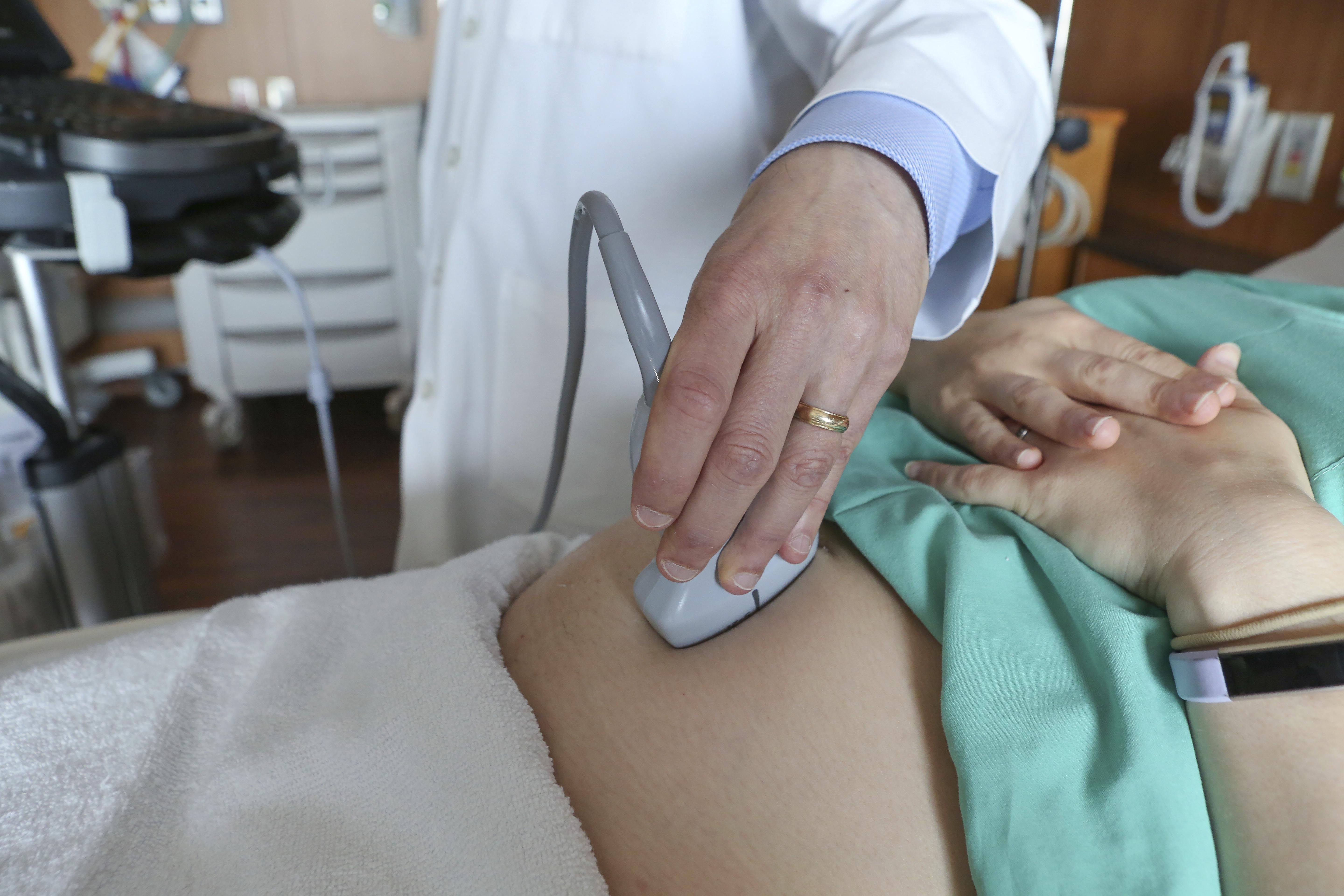Antenatal check-ups during pregnancy a must, say doctors
Kathmandu, June 22
Health experts have said that pregnant and new mothers should take care of their health and maintain hygiene to prevent coronavirus infection. Also, they say that antenatal check-ups are important for the survival and well-being of both the mother and the neonate.
“It is learnt that due to lack of transportation and unavailability of ambulance service, many women are not visiting health centres for antenatal care. The fear of contracting infection has also stopped women from visiting hospitals,” said Dr Sangita Mishra, director at Paropakar Maternity and Women’s Hospital, Thapathali.
A 29-year-old woman from Sindhupalchowk district died of coronavirus at Dhulikhel Hospital on May 15 making her the first person to succumb to the infection in the country. She had given birth to a baby just 10 days ago.
Earlier, a female aged 23 of Dhading, who was admitted to Paropakar Maternity and Women’s Hospital, also tested positive for the respiratory contagion on June 2. The female with 38 weeks of pregnancy had come to the hospital after she had fever.
Doctors, therefore, have been saying that pregnant and new mothers should take care of their health to prevent coronavirus infection.
Meanwhile, 94 pregnant women had come to the country from the United Arab Emirates on June 19. The doctors recommend timely health check-up for the well being of both the mothers and their babies.
“It is a must for pregnant women to visit hospital for antenatal check-ups on the third, sixth, eighth and ninth month of their pregnancy. It is not only the antenatal check-ups, pregnant women must take care of their food intake and keep themselves hydrated.
They must include protein in their diet. Folic acid, as per the doctor’s recommendation, and milk must be consumed,” said Dr Mishra.
The country has reported a total of 9,561 cases of coronavirus as of today. “There is an equal risk for pregnant and new mothers contracting the infection.
Therefore, they must wash hands frequently with an alcohol-based hand rub or soap and water, maintain social distancing, avoid crowded places, avoid touching eyes, nose and mouth and cover the mouth while sneezing,” said Dr Anup Bastola, consultant tropical medicine at Sukraraj Tropical and Infectious Disease Hospital, Teku.
As the number of infections are rising across the country, there is a risk of pregnant and new mothers contracting the infection.
“Use of mask is compulsory,” said Dr Mishra. She also suggested that pregnant and new mothers should not share the items they use with others.
The pregnant must visit the hospital immediately if there is bleeding during pregnancy period, abdominal pain, no movement of the baby inside the womb, water discharge, high blood pressure, blurred vision or fever and if there is any difficulty in breathing.
Delivery must be done at health centres to prevent health complications. There is high risk of women losing their life because of excessive bleeding during child birth. Therefore, the delivery must be carried out at a health centre to avoid such risks, Dr Mishra added.
“Post-natal care of a woman is also equally important. A woman should at least get medical advice from a health practitioner on the first, third, seventh and 28th day after delivery, suggested Dr Mishra.
According to World Health Organisation, research is currently under way to understand the impacts of COVID-19 on pregnant women. Data is limited, but at present there is no evidence that shows they are at higher risk of severe illness compared to the general population.
A version of this article appears in e-paper on June 23, 2020, of The Himalayan Times.


